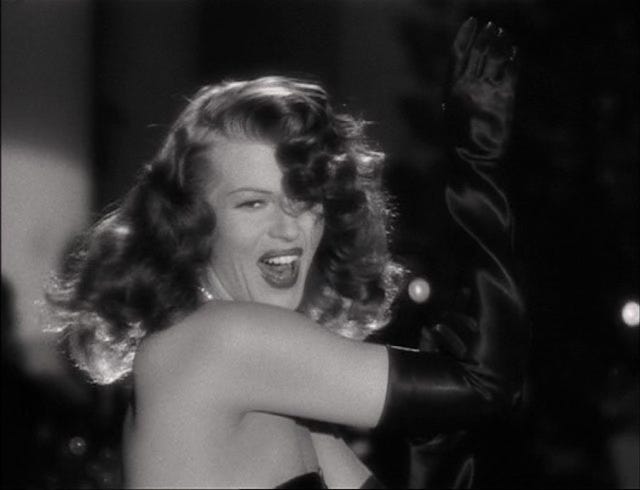Gilda
1946
The similarities between Charles Vidor’s Gilda and Michael Curtiz’s Casablanca are shockingly numerous. Major plot points and settings and set pieces all recall the Best Picture from four years earlier. And yet, Gilda always remains its (and her) own thing. One notices the parallels as they pass, but always with the focus on what the central love triang…
Keep reading with a 7-day free trial
Subscribe to B. A. D. Reviews to keep reading this post and get 7 days of free access to the full post archives.



